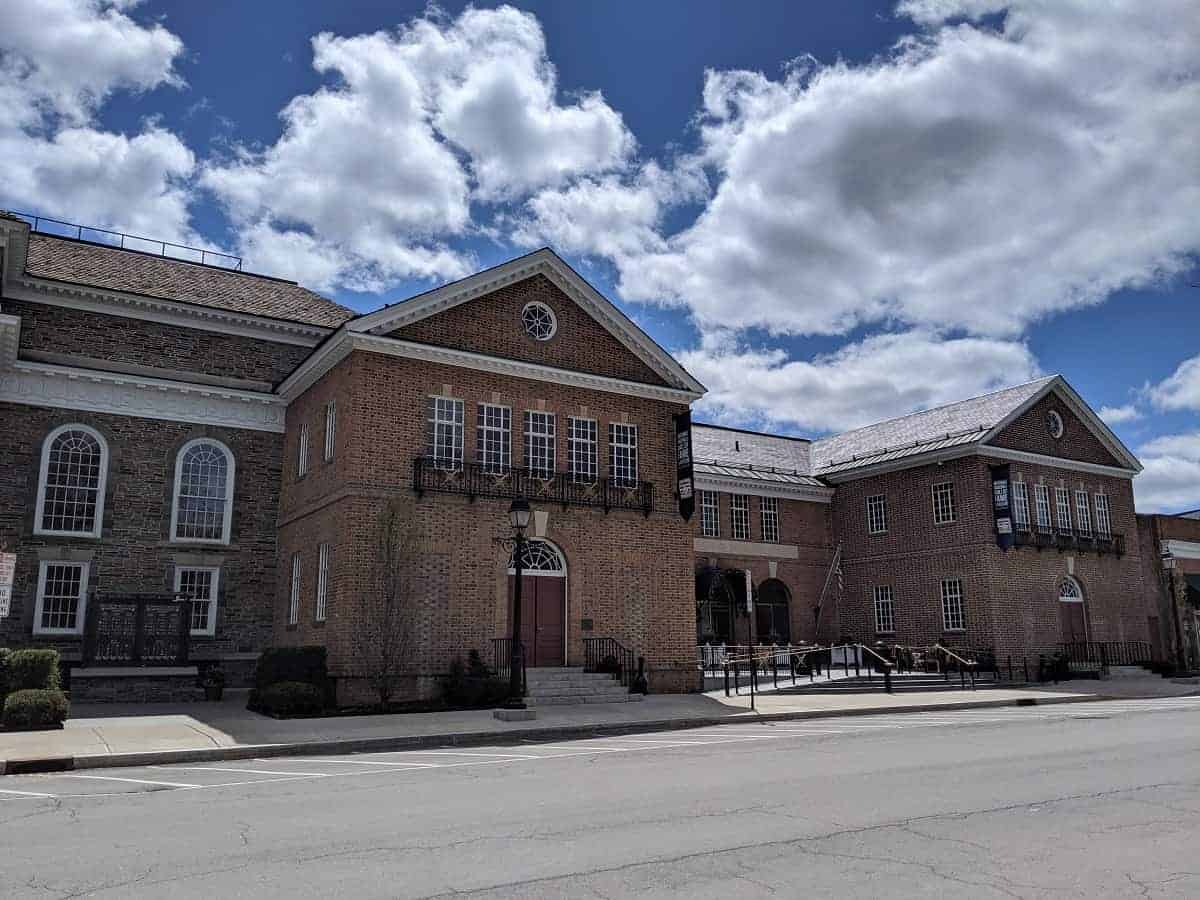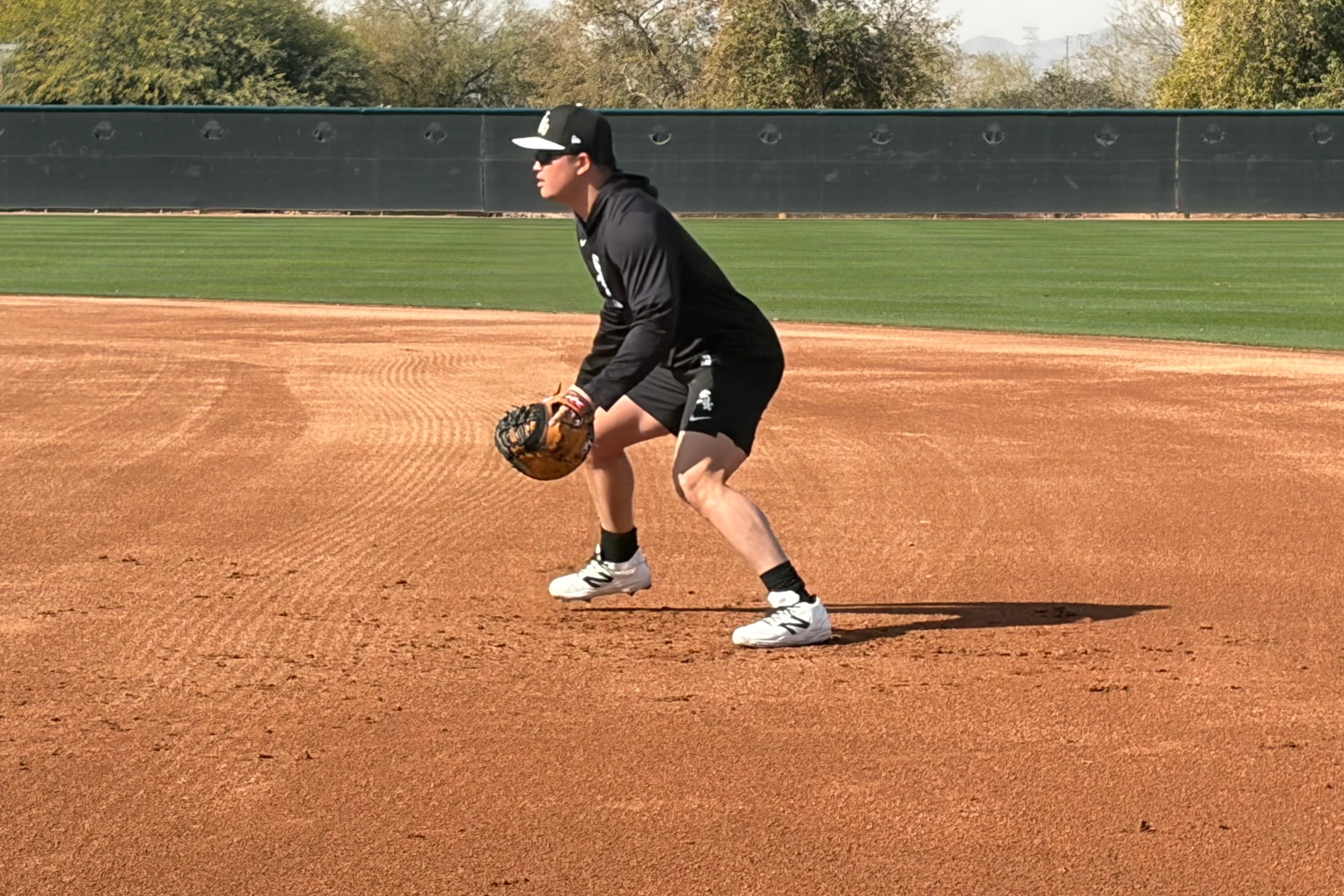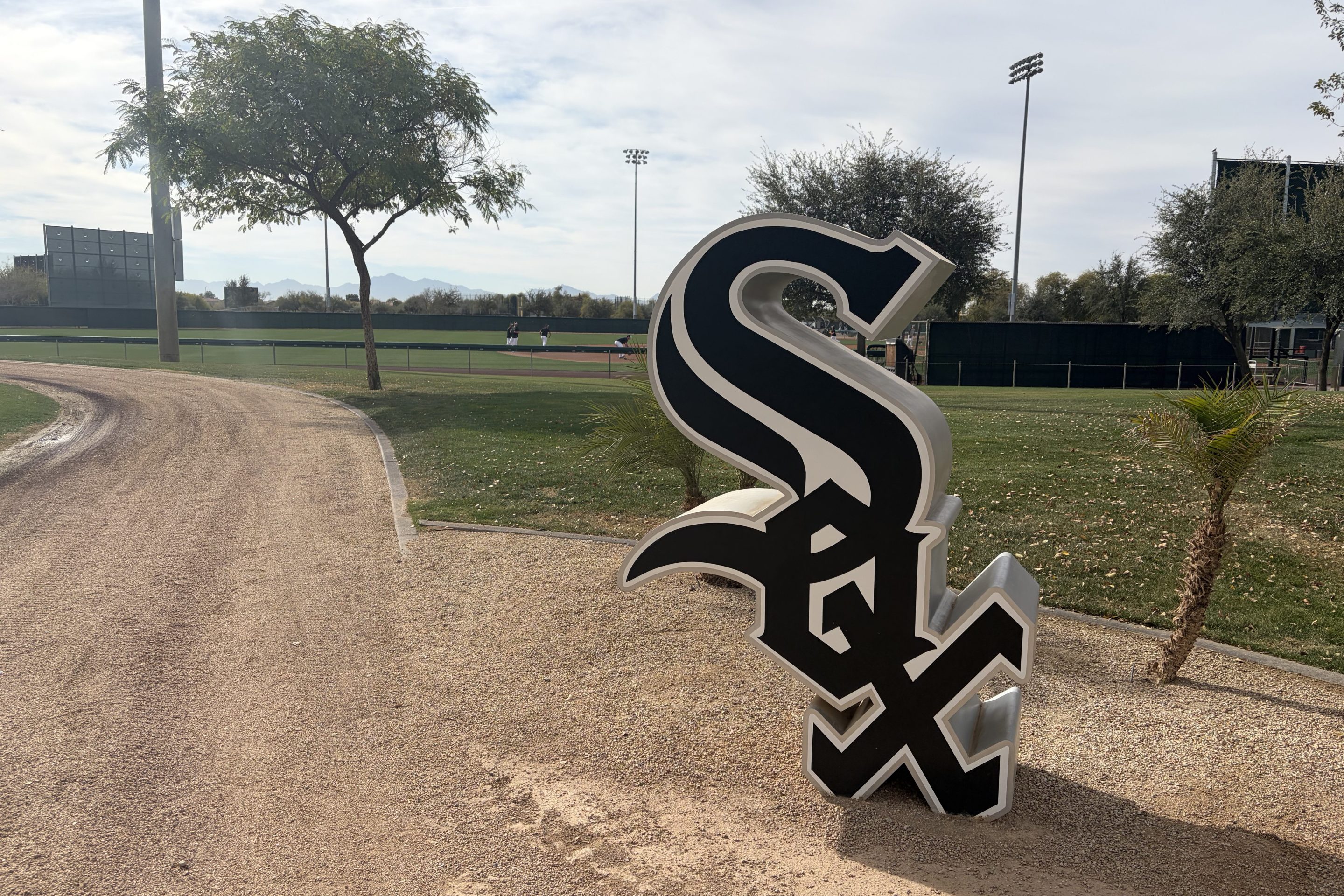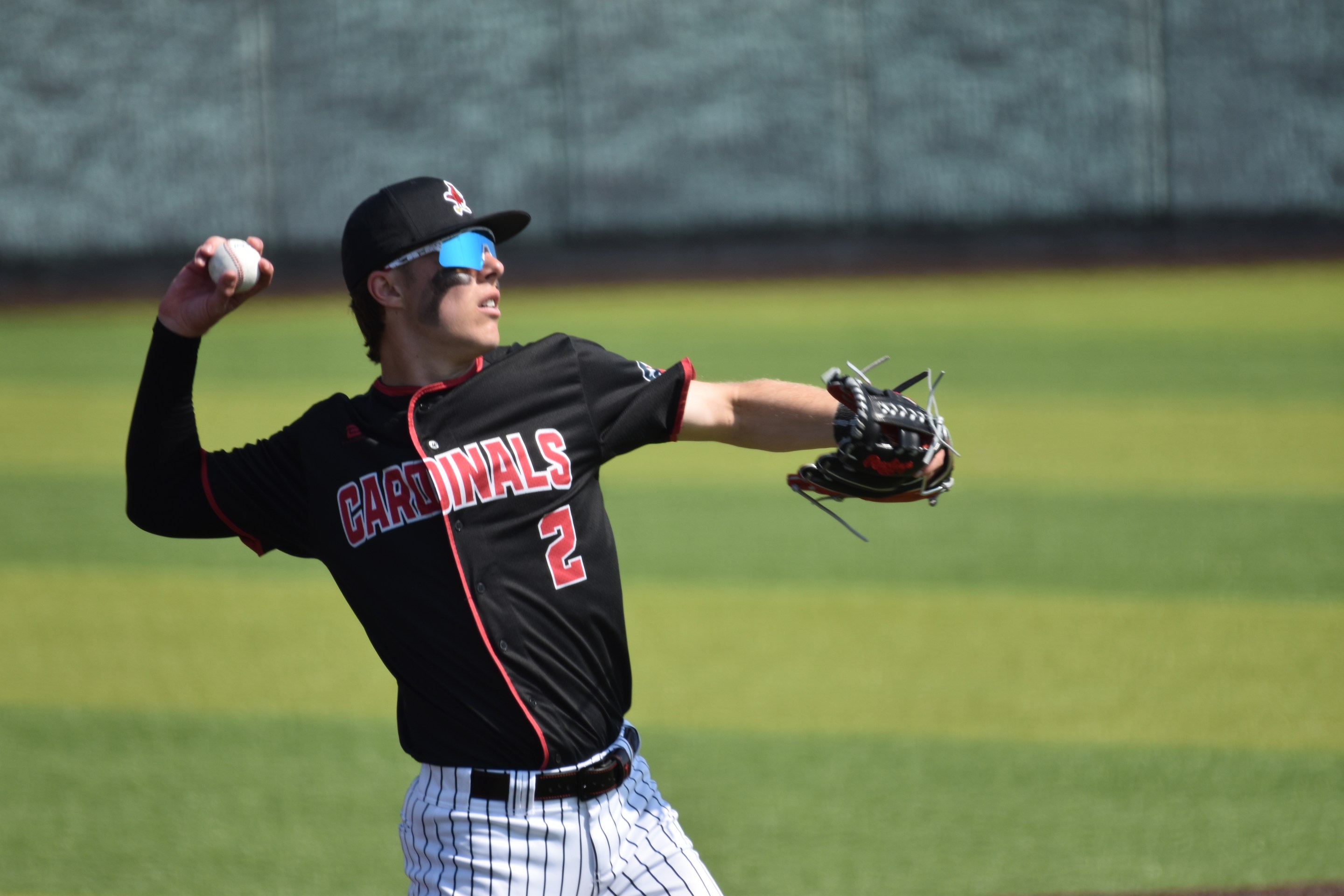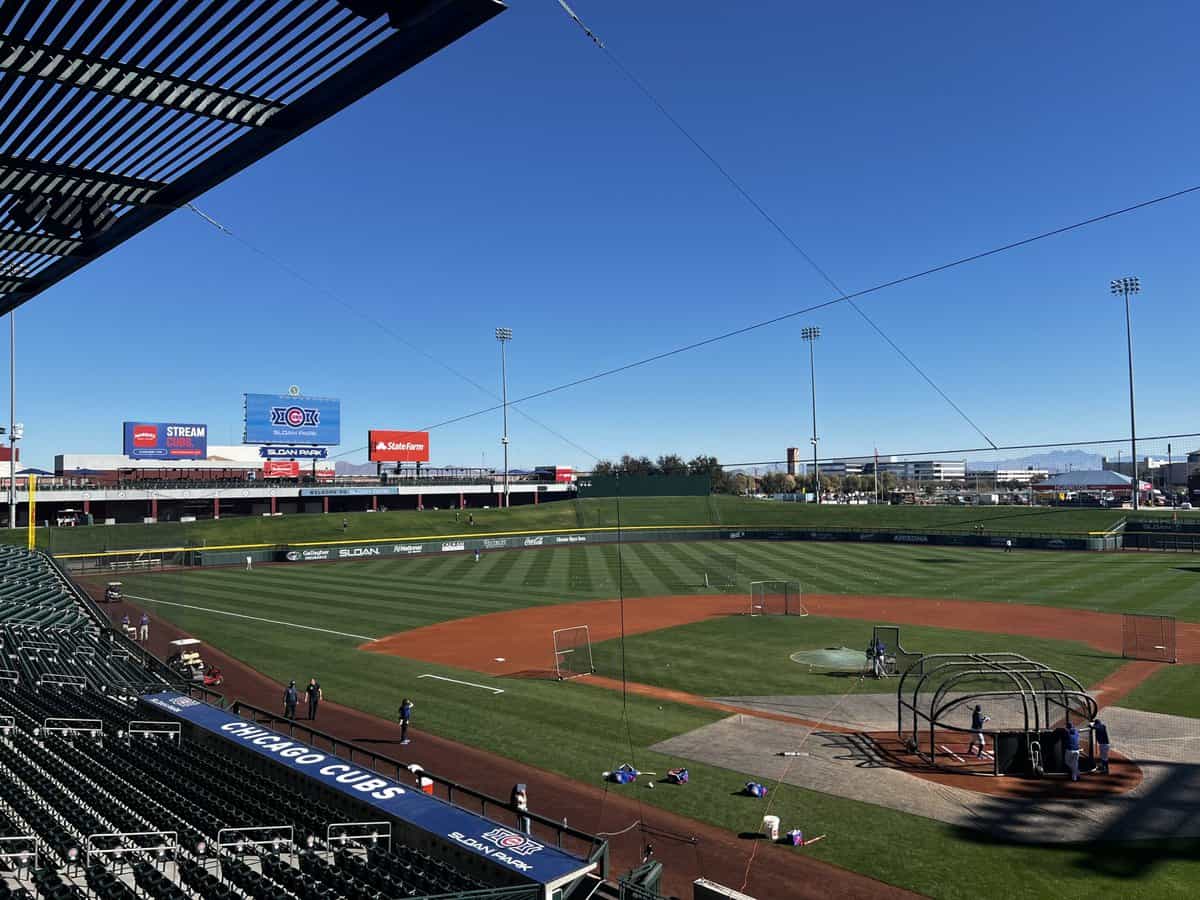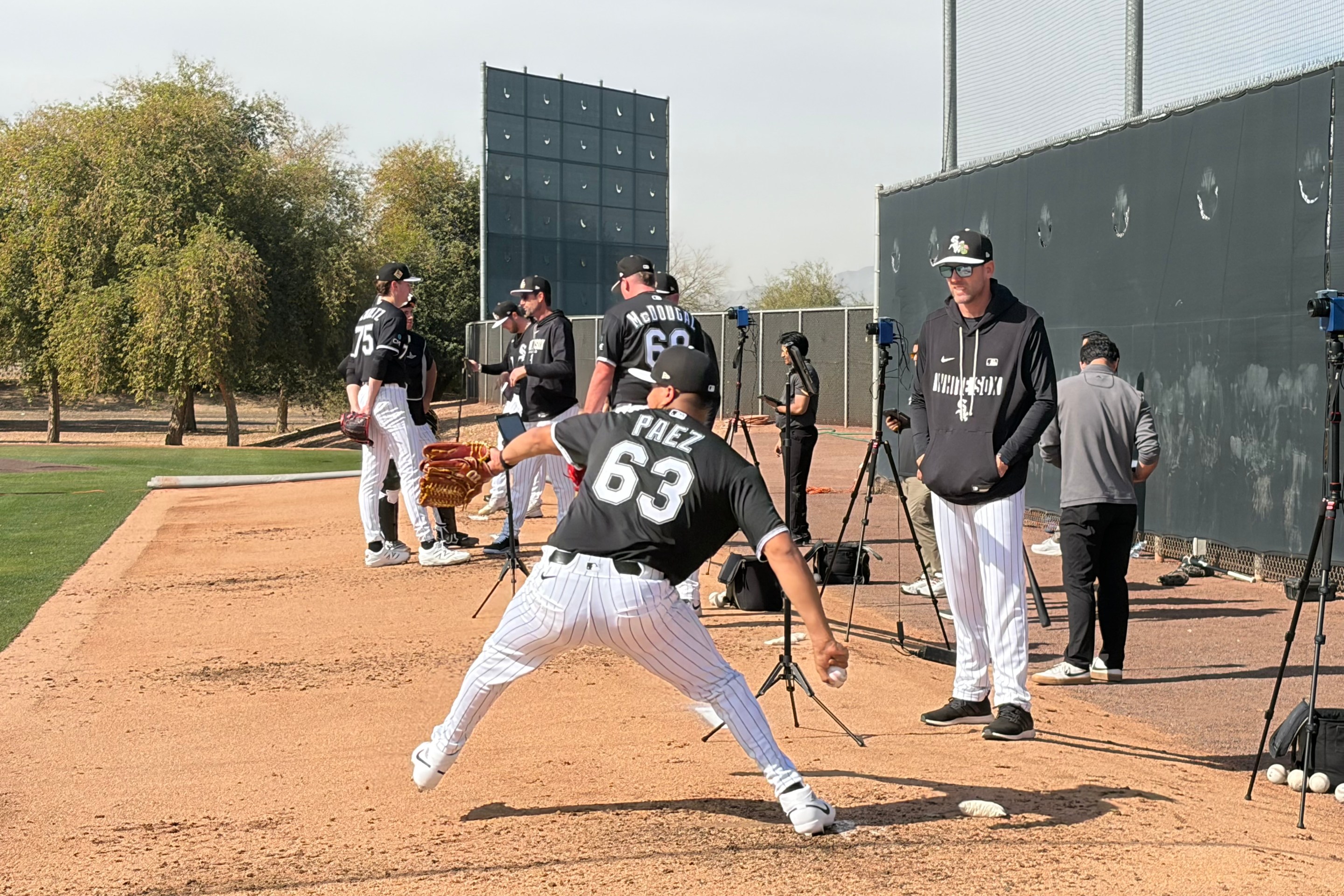Back when I worked in the Albany Times Union newsroom, we tended to check in with Cooperstown-area hotels and innkeepers regarding the demand for Induction weekend to get a sense of how swamped the village might be in late July.
For Derek Jeter's induction, we ended up publishing the first look at his induction weekend back in February ... of 2014.
When he announced during that spring training that he'd retire after the season, Yankees fans already started trying to book their hotel rooms for July 2020. Little did anybody know that Jeter's induction would end up taking place on a Wednesday afternoon in September of 2021 ... after Labor Day. And if somebody did predict that with their hotel booking seven years earlier, they should probably be interviewed by a government agent.
With Hawk Harrelson finally receiving his Ford C. Frick Award during the original induction weekend in late July, today's induction ceremony isn't going to resonate with White Sox fans, although Marvin Miller's contributions cut so deep into the workings of the game that he affected the way every team operates. Over at The Athletic, Evan Drellich wrote about Miller's impact on the sports labor movement (h/t asinwreck). It's a great summary of his impact, especially if you haven't read Lords of the Realm or a similar work.
One paragraph in particular caught my eye:
“Ronald Reagan in 1981 replaced the PATCO strikers, the air traffic controllers, and that was a huge blow to organized labor,” Rich said. “Because then what happens is, everybody sees, ‘I can replace people.’ And so that became the labor tactic du jour, of management representatives in a labor negotiation: ‘If Reagan can replace the PATCO air traffic controllers, then I can replace my workers in a strike.’ Before that, it was against religion in the United States to do that, to replace striking workers.”
Baseball players, history has shown, might actually be harder to replace than the people who guide the movement of airplanes. MLB owners tried to replace players when they were out on strike in 1995, but failed.
“You can’t really attract fans or TV media with second-string stars playing the game,” Rich said. “What sports labor unions have shown the labor union movement is that when you have leverage, you can achieve your ends. And if you have unity, then you have leverage. But, of course, it’s very difficult to maintain unity where your workers can be replaced.
With the collective bargaining agreement between Major League Baseball and the Players Association expiring after the season, a potential work stoppage has been a simmering concern for baseball fans, especially White Sox fans who have seen their team's chairman prioritize beating the union over trying to win a World Series.
I wonder how much of an appetite the league has for direct conflict, only because baseball is more than ever a regional game, but the Sports Business Journal has noted that the regional sports network business is in trouble.
The main message distribution executives have given to the leagues and teams is that the whole local media rights business will collapse unless significant changes are made.
If no changes are made, some distribution executives told the leagues that they could envision a scenario where they drop RSNs — some of the most expensive channels — altogether.
This is a threat that could resonate, as RSNs and leagues want to ensure that their games have as wide a distribution as possible.
During the talks, it’s been the top cable and satellite distribution executives that feel like they have the most leverage.
A lot of teams have a lot of their worth tied up in the value of their RSN, which has long created a bubble feeling when seeing just how fragmented the home entertainment subscription industry has become, and how long the squabbles between RSNs and providers have dragged on. It doesn't help that a lot of teams are seeing substantial ratings drops, although the White Sox are up 123 percent in that department.
I can imagine teams emphasizing the dire forecasts for RSN as a reason to not give ground in CBA negotiations, especially ones that involve paying players more money under their initial team control period. I can also see the league not having the ability to absorb a work stoppage if the value of an RSN is already in trouble, because the shortening of the 2020 season already removed product from the airwaves, and to ugly results. Companies can seldom achieve growth by cutting, but enough about my newspaper career.
* * * * * * * * *
OK, that's a lie. Another story took me back to 2006, when the Hall of Fame announced a special ballot to allow the institution a chance to catch up on inducting Negro Leagues players, rather than addressing a deep-seated oversight with a trickle of admissions. I wrote a story about the process for the Times Union including an interview with Buck O'Neil, which was a career highlight. Alas, it didn't survive a content management shift, so I can't link to it.
While the special ballot resulted in the inductions of 17 Negro Leagues players, managers and executives, it was just as known for whom it failed to broker entry -- O'Neil and Minnie Miñoso. Miñoso looked like a casualty of the criteria, where players were only judged on their Negro Leagues accomplishments, and Miñoso's pre-integration career was brief and not particularly storied. O'Neil's was more egregious, because a lot more of his contributions to the game were contained within the Negro Leagues as a player and manager, not to mention as the founder of the museum that kept their memories alive. O'Neil was gracious enough to represent the 17 who received the honor at the Induction Ceremony. Ironically, that made the whole thing even more tragic.
I mention this because Nashville-based writer and Effa Manley biographer Andrea Williams wrote an article for the New York Times that asks the question whether the Hall of Fame will pick up where it left off. While the special ballot was intended to be the final say on the matter, Jeff Idelson, then then Hall of Fame's president, did leave an opening.
In 2016, Jeff Idelson, then serving as the Hall of Fame’s president, told the Sporting News that 2006 “would be the final election for those who performed in the Negro leagues unless new research came out that would warrant another look.” Perhaps Major League Baseball’s recent decision to “elevate” the status of the Negro leagues to major league level, coupled with the creation of a more comprehensive repository of Negro leagues statistics through Baseball Reference, could be enough to justify another special election similar to the one held 15 years ago.
It would certainly seem to be an appropriate time. As I mentioned when MLB was on the verge of designating the Negro Leagues as a major league, it drastically changes the accounting of a career like Miñoso's, whose time in Major League Baseball no longer looks like that of a late bloomer when including his time with the New York Cubans, and the interruptions while getting a foothold in the American League. His Negro Leagues career wasn't part of his record during his previous candidacies before various committees, and his MLB career couldn't be referenced during the special ballot. The reclassification of the Negro Leagues gives him a shot to finally have the entire breadth of his career and accomplishments considered at the same time.
